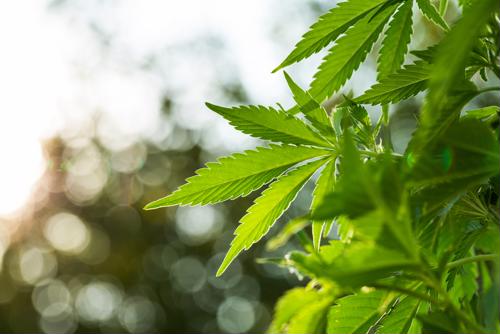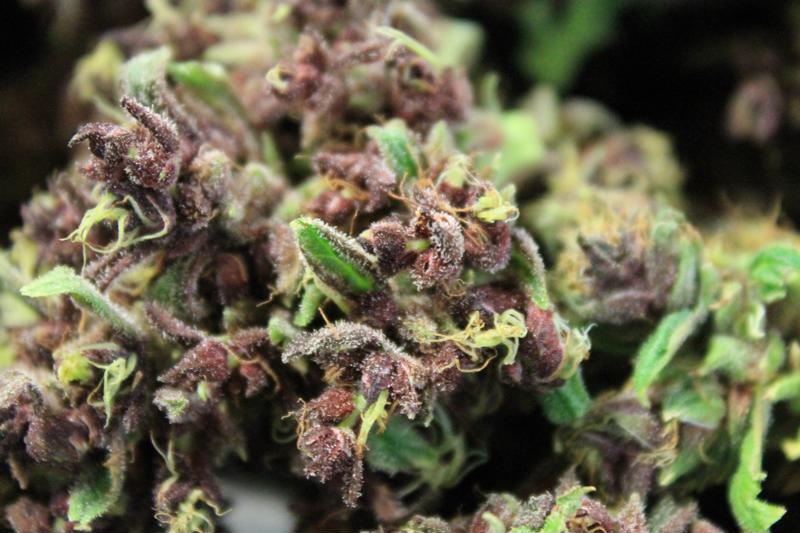
Once lumped in by anti-drug stalwarts with heroin, cocaine, hallucinogens and synthetic drugs, and still considered a Schedule I narcotic by the Drug Enforcement Administration, marijuana and its derivatives are now legal for medical use in 33 states and the District of Columbia. Ten of those states (and Washington D.C.) also permit recreational consumption. Moreover, lawmakers in the House of Representatives filed multiple bills advocating for either nationwide marijuana legalization or major cannabis-law reform in the lower body's first week of 2019 legislative sessions, according to Forbes. The Hill reported Feb. 8 that similar legislation surfaced in the Senate. (As of April 2019, it hasn't yet come to a vote.)
In a nutshell: Recreational marijuana legalization is likely a matter of when rather than if. For HR teams and business leaders, this poses questions regarding how to treat the issue in the workplace regardless of their personal pro, anti or in-between stances on it. Your organization's culture and safety concerns, as well as individual circumstances, all play into such considerations.

Reconciling federal and state laws
The fact that cannabis remains illegal at the federal level despite its legality in numerous states complicates things. If you're a U.S. government contractor and prohibit employees' marijuana use, for example, you may have the Drug-Free Workplace Act on your side. But if your state permits medical consumption and a job applicant or employee fails a drug test because of legal marijuana, you might fall afoul of laws requiring accommodation for medical users, as the Society for Human Resource Management explained. HR must also, up to a point, account for legitimate medical-marijuana users on staff in general and enact appropriate protections.
Matters of safety
All that said, you're within your rights to forbid an employee from coming to work stoned or using cannabis on the job, just as you'd be with alcohol. This holds especially true if there are safety risks in the office or worksite that being under the influence could seriously exacerbate. Penalties for on-the-job marijuana use by machine operators, drivers, handlers of hazardous materials or dangerous equipment are all entirely reasonable. Be realistic about what constitutes safety concerns (forklift operation would count; working a tech-support shift is a stretch) and stay consistent with safety-related policy to avoid accusations of unfair application.
Case-by-case considerations
HR should be objective whenever possible regarding marijuana – comply with all applicable laws, mitigate dangers to employees and company property and apply consistent policy. But sometimes subjective analysis of a situation is necessary. Say you know two employees are marijuana smokers but they also excel at their duties, don't bother or endanger others and provide serious bottom-line value to the company. You must think hard about what action to take, if any. Ultimately, HR should know staff better than anyone else in the business and act (or don't) on a case-by-case basis.
